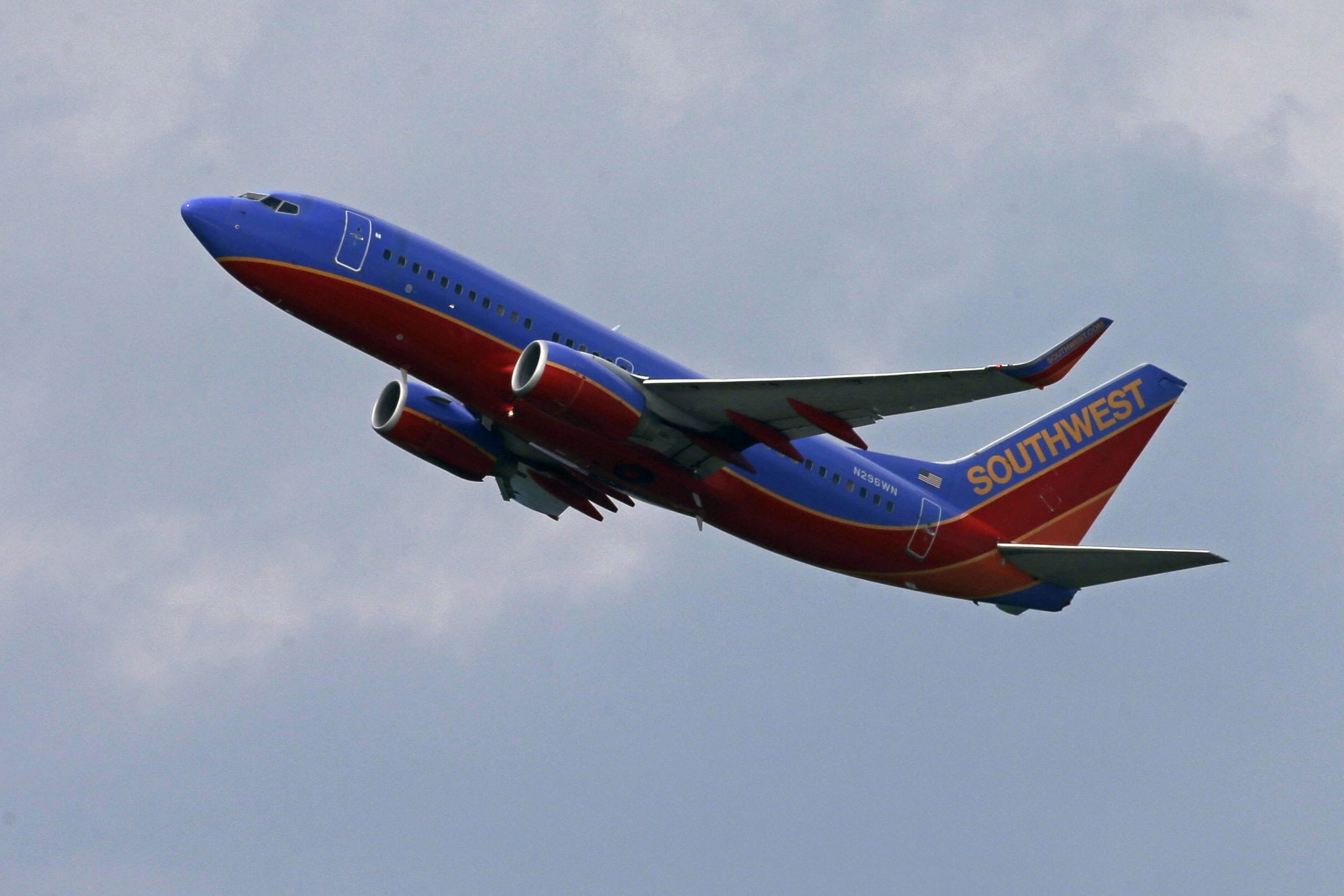Skift Take
Southwest has no imminent change in policy in the works regarding fees, but that doesn't mean that it considers having no bag fees its religion. The airline is willing to mull policy changes if it determines that a big switch would be in its interests.
As Southwest Airlines integrates merge-partner AirTran, Southwest is seeking to make “assessments and judgments” about AirTran’s fees.
Some may interpret that as an ominous development from the largest domestic carrier in the U.S., Southwest, which has made its name and won marketshare by refusing to charge fees for the first two checked bags or for change fees.
As AirTran has been raising its bag fees ($25 first, $35 second) and change fees ($150 after August 20), Southwest CEO Gary Kelly indicated there are things to be learned from AirTran about its fees during the integration process, although he declined to characterize AirTran’s fee changes as an experiment.
Kelly said Southwest’s learnings from AirTran on the issue are complicated by the fact that some AirTran flights are marketed as Southwest flights and then they don’t mandate bag and change fees as they normally would.
“You don’t have a clean laboratory environment to evaluate [AirTran’s fees], Kelly said.
Still, Kelly, speaking during Southwest’s second quarter earnings call, argued that there is “no question Southwest’s ‘without’ approach is superior” to AirTran’s fee practices.
Actually, Kelly said one reason the acquisition of AirTran was so attractive to Southwest was because AirTran was under-performing, in part because of its fees.
In other news, Kelly said Southwest’s free onboard TV promotion with the Dish Network won’t last forever — and may not even make it through 2014.
“We are not telling you it is free into infinity,” Kelly said.
Kelly said Southwest attracted $5 million in Wi-Fi fee revenue during the second quarter, although the percentage of passengers paying for Wi-Fi was “still modest.”
Kelly said the domestic economy proved to be weaker than expected during the second quarter, but that was partially offset by lower fuel prices.
That’s bad news for other carriers, which often look to Southwest for leadership in raising airfares.
Markets such as Atlanta, Baltimore and Milwaukee, where AirTran was strong and is in the process of integrating with Southwest, are under-performing markets where that process is not taking place, Kelly said.
Southwest also saw a 35% drop in government travel during the second quarter, Kelly said.
“I think we all know sequestration is real and they are definitely managing through cuts,” Kelly said.
The Daily Newsletter
Our daily coverage of the global travel industry. Written by editors and analysts from across Skift’s brands.
Have a confidential tip for Skift? Get in touch
Tags: airtran, fees, southwest airlines
Photo credit: Southwest Airlines'' profit slipped 2 percent in Q2 2013. Associated Press
